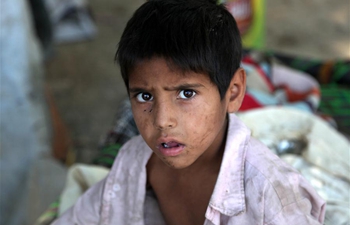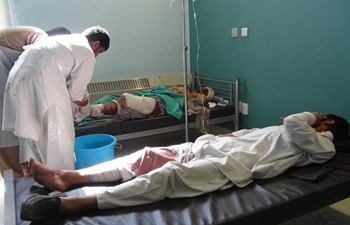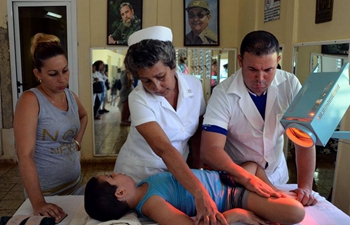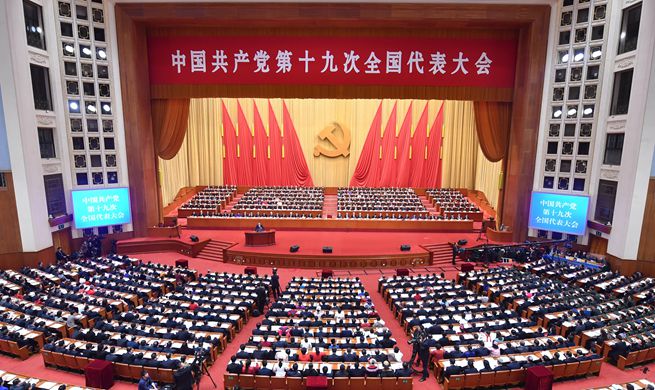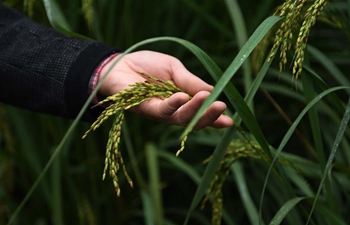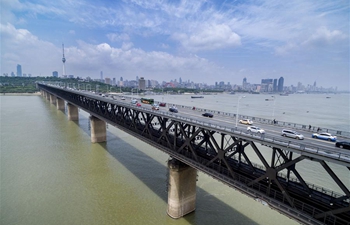CHICAGO, Oct. 18 (Xinhua) -- Refugees in southeast part of U.S. state of Michigan are contributing up to 295 million U.S. dollars to the region's economy, a study of the Global Detroit and researchers at the University of Michigan (UM) Ford School of Public Policy shows.
The economic contributions come from spending by refugee households, businesses opened by refugees and refugee resettlement agencies. The study estimates the total annual economic impact of refugees at between 229.6 million and 295.3 million U.S. dollars in new spending, along with between 1,798 and 2,311 new jobs in 2016 alone.
To arrive at the findings, the researchers examined sources of new spending that would not exist if not for the resettlement of more than 21,000 refugees in Macomb, Oakland, Washtenaw and Wayne counties in southeast Michigan between 2007 and 2016. Researchers used Census sources and survey instruments to quantify and validate the annual spending from refugee resettlement agencies' federal contracts, refugee households and refugee-owned businesses.
"Our research documents that these new Michiganders have been a source of strength to the Michigan economy: launching businesses, providing much-needed labor and achieving self-sufficiency within a very short time after their arrival," said Steve Tobocman, executive director of Global Detroit and one of the study's principal authors.
"While refugee policies and politics necessarily extend beyond economics, our research verifies that being welcoming to refugees is in our own economic self-interest," Tobocman said.
Over the last decade, more than 30,000 refugees have moved to Michigan, making it the fourth-largest destination state in the nation. Southeast Michigan, more specifically Macomb, Oakland, Washtenaw, and Wayne counties, is home to nearly half of them.
According to U.S. State Department data analyzed in the study, 90 percent of the refugees who resettled in southeast Michigan during the past decade were Iraqis and many were Chaldean, an indigenous people of Iraq.
"Studies like this can help policymakers, local and state government, philanthropy, and even the private sector," said study co-author Elisabeth Gerber, professor and associate dean at UM's Ford School of Public Policy.
"It is our hope that local communities deciding to welcome refugees can use this research to better integrate refugees, help them achieve self-sufficiency, and ensure that their resettlement is an economic benefit to the local community," Gerber said.





